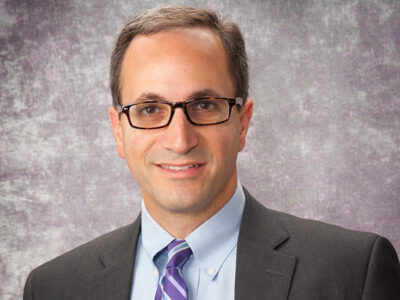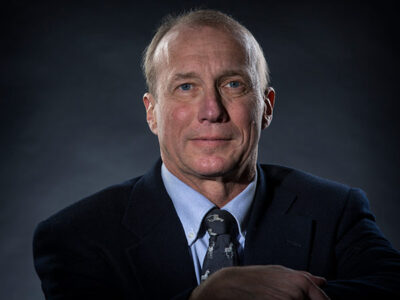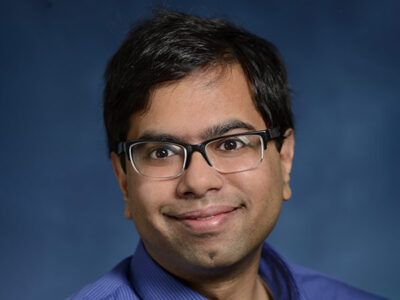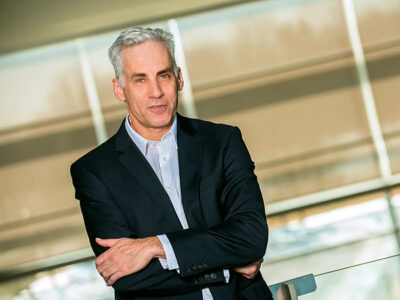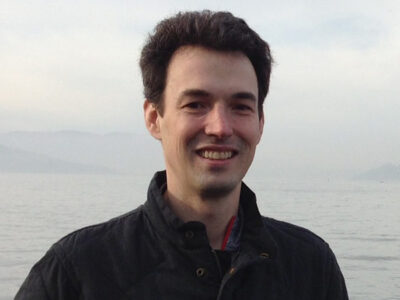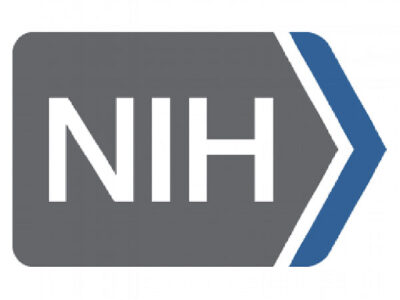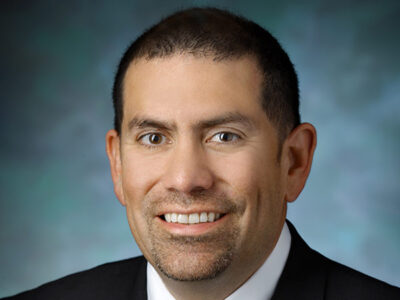It may not be possible to point to definitive causes of the turnover in the executive offices of top academic cancer centers. However, the job of a center director is changing, said Robert Ferris, director of the University of Pittsburgh UPMC Hillman Cancer Center.
The caveats should be acknowledged: Yes, all cancer centers are different. If you've seen one, you've seen one. Yes, every center director has a different political and economic situation on his or her hands, and, sure, the observation that follows in the next paragraph could well be a fluke:
Dr. Oliver "Ollie" Press, photographed on Jan. 19, 2017 at the Fred Hutchinson Cancer Research Center in Seattle, Washington.Oliver “Ollie” Press, a blood cancer physician who made foundational contributions to the development of targeted cancer therapies, died Sept. 29 of complications from glioma. He was 65.
NIH announced 55 recipients of the NIH Director's New Innovator Award, which supports exceptionally creative early career investigators who propose innovative, high-impact projects.
The idea that led to the site-agnostic indication for Keytruda (pembrolizumab) came from the academic oncologists, who ended up defining the biologic mechanism of activity of this class of drugs.
The application for approval of Keytruda (pembrolizumab) was based on internal discussions within FDA as well as working “proactively with the sponsor to submit this application,” said Steven Lemery, associate director, Division of Oncology Products 2, FDA Office of Hematology and Oncology Products.
As part of NCI's ongoing Cancer Moonshot program, the institute, NIH and 11 biopharmaceutical companies launched a five-year public-private research collaboration Oct. 12 designed to advance new immunotherapy treatments.
When he was at Johns Hopkins, there was nothing whatsoever noteworthy about Luis Diaz wandering into Bert Vogelstein's office. Usually, an idea—sometimes even a good idea—was involved.
Earlier this year, when FDA approved Merck's PD-1 inhibitor Keytruda (pembrolizumab) for “site-agnostic” indications, it raised new questions that will likely shape the future of oncology:
By Emily RubinNovelistWe see the brightness of a new page where anything yet can happen.Rainer Maria RilkeI was diagnosed with breast cancer in 2008 and underwent treatment until 2010 at Beth Israel Hospital, now Mount Sinai, in New York. A year after finishing treatment I was thrilled to find out that my novel, Stalina, was a winner of the Amazon Debut Novel Award Contest.


